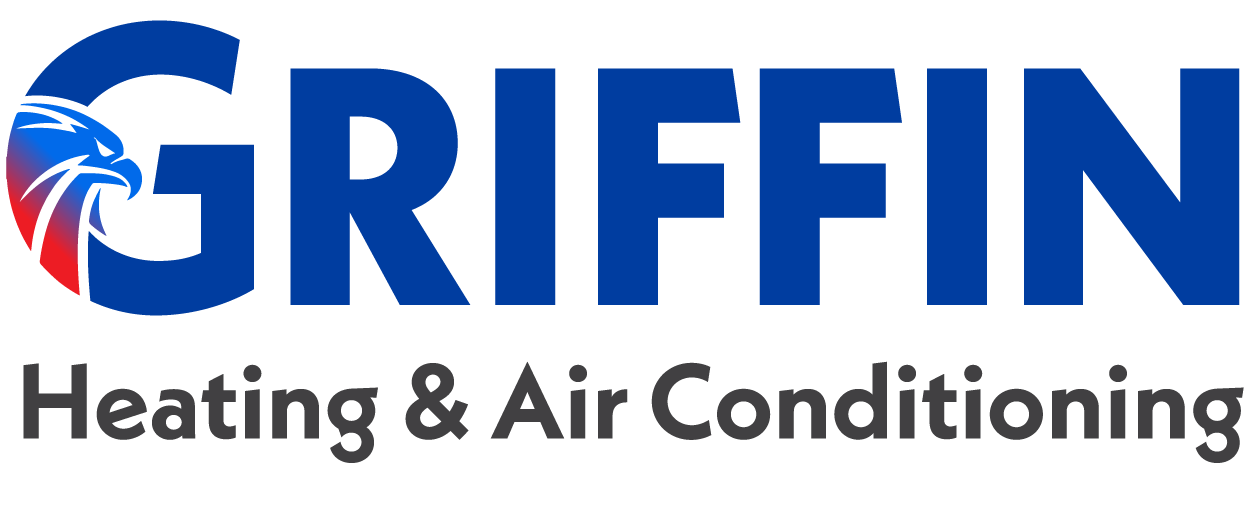Ductless Systems
You may have heard about ductless heating and cooling systems, but do you know about their advantages?
A Flexible Solution
The most common HVAC systems are central air conditioners and heat pumps that use ducts to deliver conditioned air throughout a building.
Ductless systems are more flexible than traditional systems, because ductless systems don’t use ductwork. All that’s needed is a small outdoor unit and one or more indoor units, along with access to electricity and a place to mount the units. Ductless systems can be installed in either new or existing construction.
More Affordable
Traditional heating and cooling units can run inefficiently for a number of reasons, costing you money in lost energy. The actual units are larger than a ductless system, also costing you more money overall, because they naturally consume more power. Also, conditioned air can be lost through gaps in the ductwork before it ever reaches its intended destination, illustrating yet another example of lost energy for which you also pay.
Ductless systems are smaller than traditional HVAC systems, which means they use less power. In addition, the temperature-controlled air of a ductless system is delivered directly into a room instead of throughout an entire building. This means that you don’t heat or cool rooms that aren’t occupied. Translation: less needed power, less money spent.
Improved Indoor Air Quality
Did you know the quality of indoor air is typically lower than that of outdoor air? Ductwork collects dust, allergens, bacteria, as well as many other contaminants. Traditional forced air systems blow air directly through these contaminants and consequently throughout your house.
Ductless systems offer multi-stage filtration that greatly reduces this type of air contamination and creates a healthier indoor environment.
Easy to Install
Ducted systems can take several weeks to install. They interrupt daily life in the home and can take up valuable real estate due to their size.
Conversely, ductless systems can be installed in as little as a day, depending on the number of units required. The pipes required for the systems only dictate a three-inch hole that makes them easier to integrate into a building.


